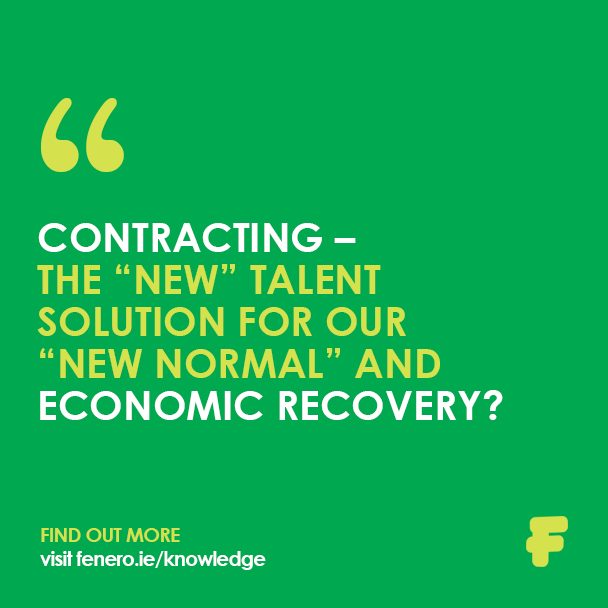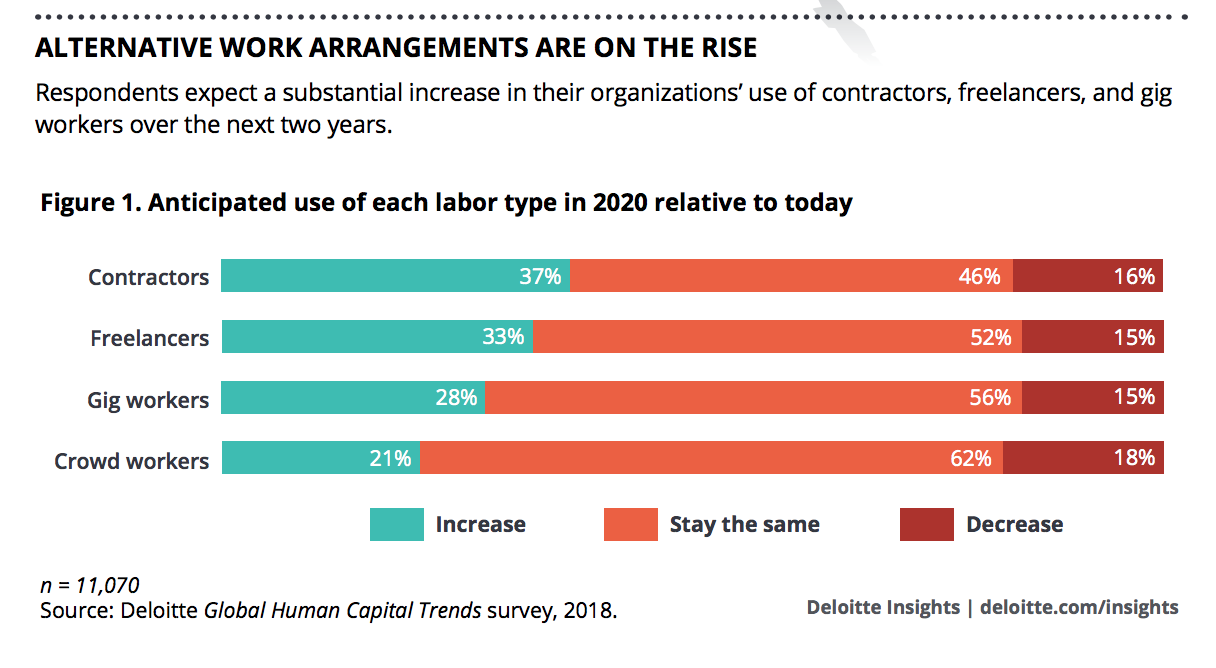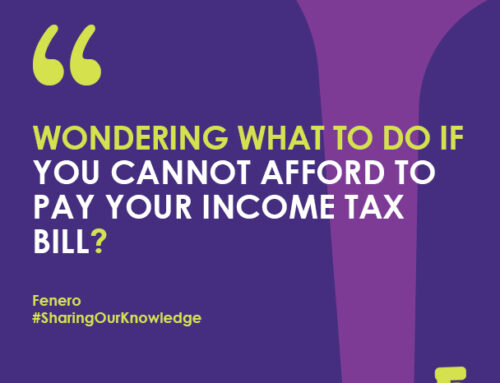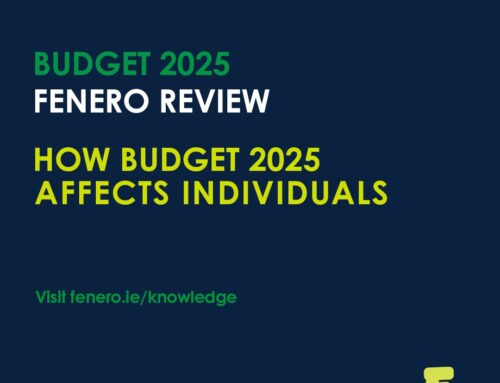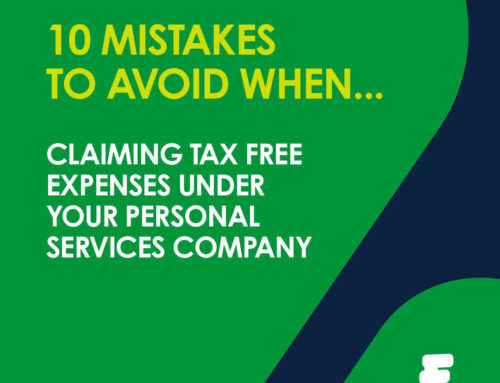The COVID-19 pandemic is accelerating conversations around various alternative, more flexible, ways of working which have previously been “sometime in the future” goals for many businesses. Crises spur action. A greater openness emerges to changes which previously might not have been considered as fully as they could have, because the current way was working “well enough”.
“It’s not the strongest or the most intelligent who will survive but those who can best manage change”, Charles Darwin.
.
Remote working is one of the hot topics about how businesses are rapidly adapting to COVID-19. But conversations on the overall shape of workforce ecosystems are also being accelerated. More flexible ways of working will include changes in the make-up of the overall workforce between traditional and contingent. Hybrid solutions of office-based and distributed teams will be on the up, as will greater hybrid workforce solutions between permanent employees and the contingent workforce, such as contractors and freelancers.
.
Trends in the growth of contracting and the contingent workforce
From discussions with our extensive network of recruitment agency partners in Ireland and the UK, in the short term Fenero are already seeing that an increased number of employers are looking at creating contract roles in the wake of COVID-19. This is in line with experiences during previous economic shocks, where businesses have often engaged contractors and freelancers before reverting to more usual pre-crisis levels of more traditional permanent role recruitment again.
.
Outside of the current economic shock and looking at longer term trends however, various forms of independent working have globally already been on the up long before COVID-19.
.
Measuring the size of the contingent workforce can be difficult as independent contractors and others are not generally separated out in national statistics, but there are many well researched estimates.
.
According to the 2019 Upwork & Freelancers Union report, “Freelancing in America”, 35% of the American workforce freelanced in some capacity. Despite the fact that media discussions on independent and freelance work frequently focus on the “gig economy” sectors, Upwork’s report also highlights that at 45%, the largest category of independent workers are in fact highly skilled professionals providing services such as software development and business consulting. The Staffing Industry Analysts (SIA)’s 2019 Global Gig Economy report estimates this to be even higher, putting highly skilled independent contractors at 59% of the total gig economy.
.
If the exact numbers themselves can be hard to state with precise accuracy and will vary from report to report based on methodologies used, the overall growth trend itself is clear.
.
Research carried out by the European Forum of Independent Professionals, from 2004 to 2013, asserts that the EU27 freelancers population grew from 6.2 million to nearly 9 million. This was a 45% increase, making freelancers the fastest growing segment of the European labour market.
.
More recently Deloitte’s 2018 Global Human Capital Trends report, showed that organisations were anticipating a substantial increase in their use of contractors and freelancers as part of their overall workforce, over the next two years to 2020.
.
.
Similarly, the SIA 2019 Workforce Solutions Buyer Survey asked respondents (all large companies with over 1,000 employees) to estimate the percent of their organisation’s workforce that is, or will be, contingent over three timelines – today, in 2 years time and in 10 years time. The total percentage of contingent workforce 16% today and estimated to rise to 20% in 2 years and to 25% in 10 years. And Upwork’s 2019 Future Workforce Report predicts a similar increase, that by 2028 non-traditional flexible talent will comprise 24% more of departmental headcount compared to today.
.
In Ireland, Fenero are witnessing a trend of rapidly growing interest in contracting as an employment choice. The number of contractors using our tax and payment management solutions grew significantly between the end of 2017 and 2019. But interestingly – though not surprisingly in the context of the trends towards contingent working – the percentage of individuals contracting for the first time has jumped significantly since 2017 also. In 2019, the percentage of enquiries we received from people who were contracting for the first time was 63%. This was up from 49% in 2018 and 38% in 2017.
Why are businesses considering Contracting to support recovery from the economic impact of COVID?
COVID-19 is creating many fundamental shifts in mindsets and behaviours which will have a permanent impact on how companies think about different ways of working, including remote work and accessing talent.
.
The benefits to businesses and organisations for engaging contractors as part of their overall talent solutions are many, and they are applicable as equally to navigating business challenges like those presented by COVID-19, as to long term business performance in more economically benign environments.
How contractors are supporting immediate business performance in response to COVID-19
Business Pivots, Innovation & New Expertise
Most businesses right now are rethinking their operations and business models to respond to the severe challenges of this global pandemic. Specific, short term skill sets to support fast and effective business shifts are extremely valuable.
.
Varying degrees of digitisation and digital transformation are an especially major focus for many businesses in our new more physically distant reality. Contracting is very well established in the IT sector and there is a significant body of contractor tech talent quickly available to businesses who are focusing on technology change and innovation.
.
Be it for the development of new services and products, establishing new operating models or technology changes, contractors can make a big impact in driving innovations and pivots.
.
The short-term knowledge and skills injection offered by contractors can have a longer lasting positive effect on the permanent workforce as they can help guide and upskill existing permanent employees in the new activities required by the business.
.
New Momentum
In challenging times, speed is critical. Contractors are usually project and delivery focused; they are there to deliver on goals and get the job done before they move on again. Contractors help drive momentum for new goals. They can help the business regain momentum on existing project timelines which may have slowed or been frozen in the early stages of COVID-19.
.
Flexible management of risk and cost
Where business revenues, new projects or continued work, may not be guaranteed right now, using contractors helps businesses to scale up and size down easily in response to demand and until the outlook becomes more stable. Increasing the percentage of the contingent element of the workforce, helps reduce some fixed cost structures in favour of more flexible solutions to size up and down as business needs change.
.
Beyond the Crisis – Driving long term business performance
Beyond the current crisis, all the benefits that contractors can bring to businesses in times of economic challenge, are the same benefits that they will bring in boom times and over the full business lifecycle. After all, there’s never a bad time for increased innovation, specialised skill sets and expertise, or flexible scaling up and down. Certainly using contractors as part of your overall talent mix provides greater flexibility in response to strategic challenges and opportunities.
.
As we reshape so much of our thinking about business models and ways of working, now is the time to take a wide view on your workforce ecosystem. Making the most of contractors and contingent workers will help to drive business performance during the COVID-19 crisis – and well beyond.
Fenero Contractor Solutions
Fenero support businesses, recruitment agencies and thousands of contractors with tax and payment management solutions for contracting. If you need friendly, expert financial advice and support for any aspect of contracting, contact us on hello@fenero.ie or 01-6877400.
.

